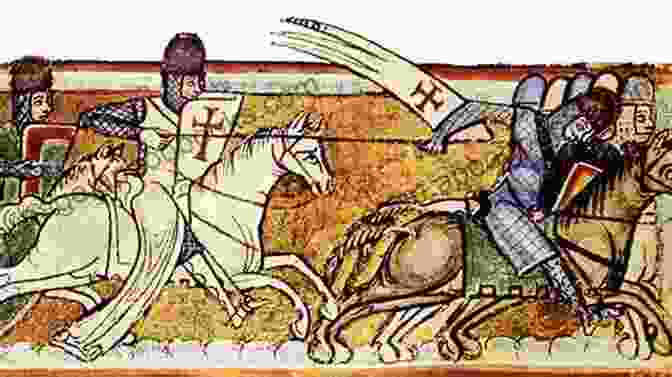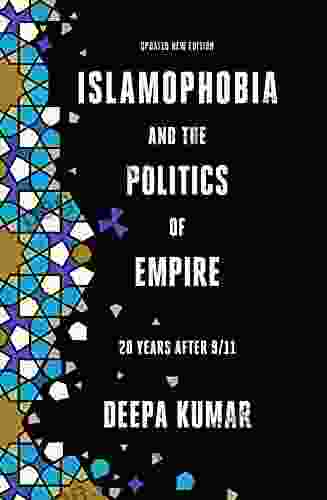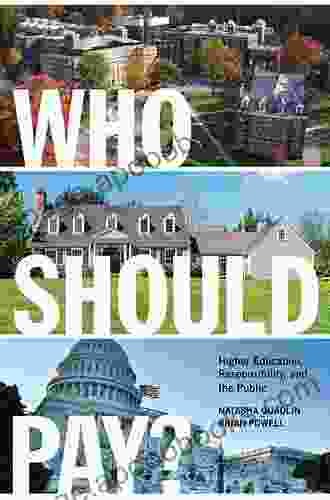Unveiling the Roots of Islamophobia: A Historical Incursion
Islamophobia, a pernicious ideology that holds Islam and its adherents in suspicion and contempt, has been a prevalent force in Western societies for centuries. Its origins can be traced back to the Crusades and the colonial era, when European powers engaged in aggressive campaigns against Muslim-majority lands. These conflicts fueled mistrust and demonization of Islam, laying the foundation for the prejudices that persist today.

4.4 out of 5
| Language | : | English |
| File size | : | 1000 KB |
| Text-to-Speech | : | Enabled |
| Screen Reader | : | Supported |
| Enhanced typesetting | : | Enabled |
| Word Wise | : | Enabled |
| Print length | : | 331 pages |
Politics of Empire: The Role of Power
Islamophobia has flourished in modern times, intertwined with the geopolitical interests of Western powers. The rise of colonialism and imperialism saw Muslim-majority regions subjected to military conquest and economic exploitation. This power imbalance fostered a sense of superiority among Western nations and a perception of Islam as a threat to their dominance.
After the 9/11 attacks, the "War on Terror" further fueled Islamophobic sentiments. The conflation of terrorism with Islam, often propagated by politicians and media outlets, created a climate of fear and suspicion towards Muslim communities.
Manifestations of Islamophobia: Prejudice and Discrimination
Islamophobia manifests itself in various forms, ranging from subtle biases to overt discrimination. Prejudice manifests in negative stereotypes, such as portraying Muslims as violent or backward. Muslims often face discrimination in employment, housing, and education, as well as heightened scrutiny and surveillance from law enforcement agencies.

Countering Islamophobia: A Multifaceted Approach
Combating Islamophobia requires a multifaceted approach. Education plays a crucial role in dispelling misconceptions and fostering understanding. Media representations must promote accurate portrayals of Muslims and challenge harmful stereotypes.
Policymakers have a responsibility to enact laws that protect Muslims from discrimination and promote inclusivity. Interfaith dialogue and community outreach initiatives create spaces for collaboration and mutual respect.
: Dismantling the Shadow
Islamophobia is a complex and pervasive issue with deep-rooted historical and political origins. It has far-reaching consequences for Muslim communities, fostering fear, division, and social injustice. However, by uncovering its roots, understanding its manifestations, and implementing effective countermeasures, we can dismantle this shadow of empire and build a more just and inclusive society.

























































































